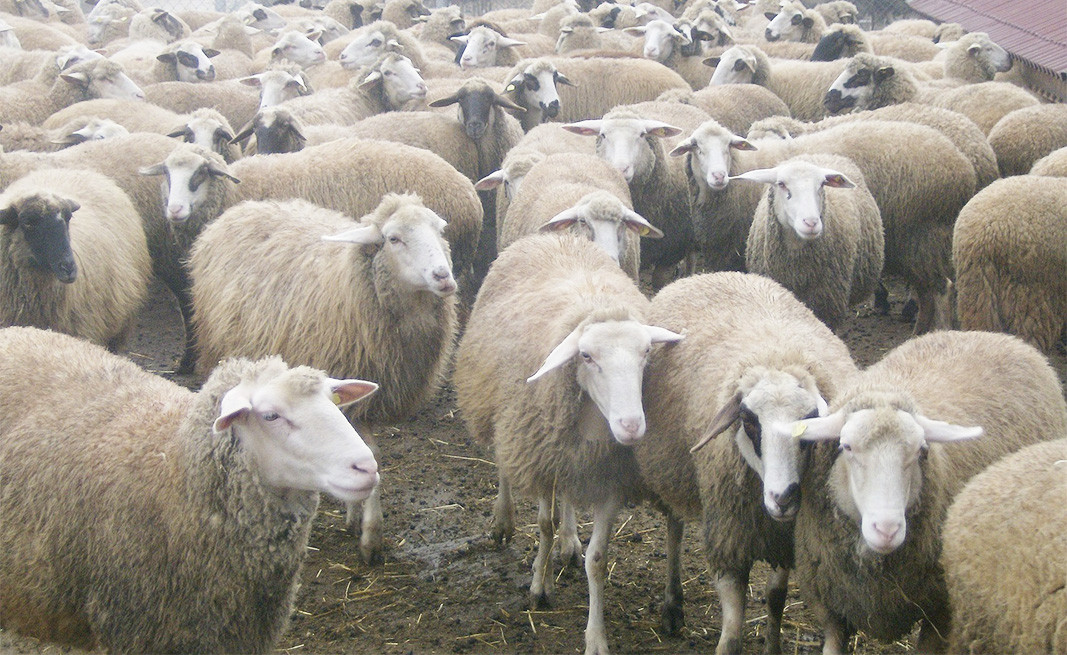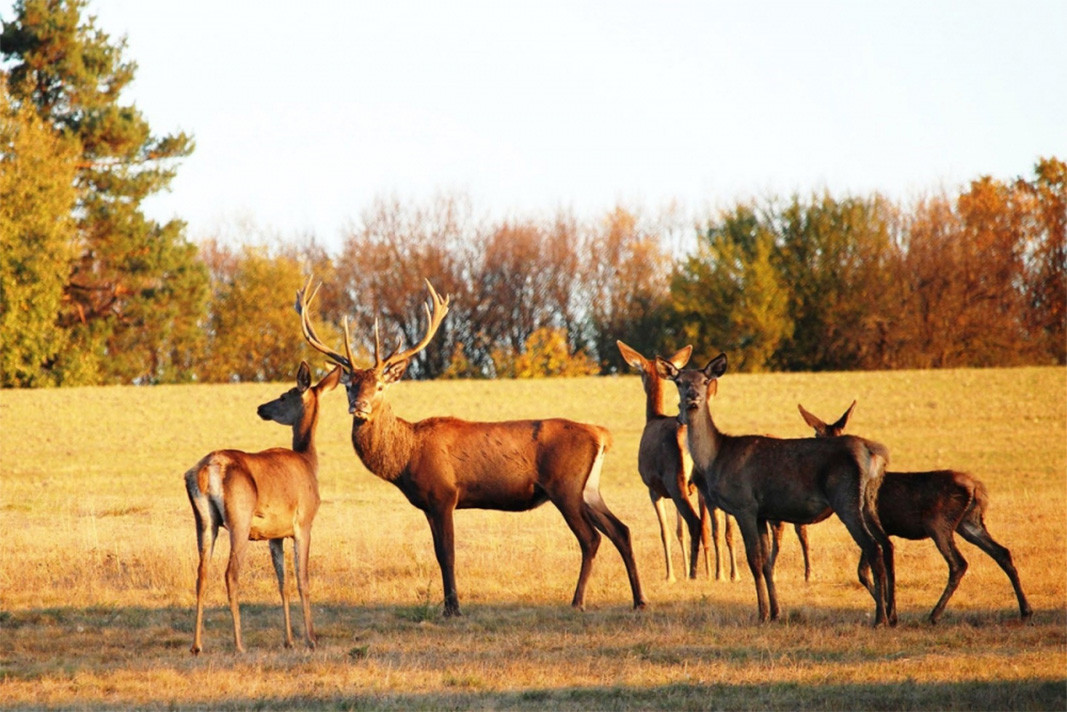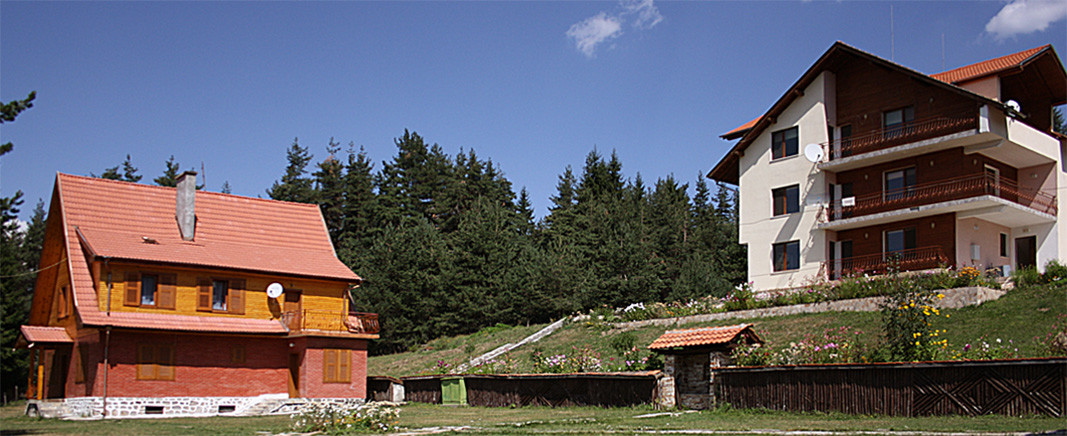 7
7
The popular game farm Dichkan is located in the Southwestern portion of a beautiful mountain, the Rhodopes, close to Satovcha village near Blagoevgrad, an area with abundant game but also rolling pastures. The mild Mediterranean climate, as well as the fact that the River Mesta and Dospat dam is close by, all make it an excellent place for game, but also for livestock. This is one of the reasons why Dikchan is now reverting to a livelihood of old – sheep breeding.

In 2020 the game farm bought 200 sheep, and within the space of just one year the sheep had had 170 lambs. The increase of the flock has brought in good money from the sale of live animals. Thanks to the 10 tons of milk produced the local dairy farms were able to manufacture cheese and other dairy products. The sheep at Dickhan are selected from a synthetic Bulgarian breed – the Bulgarian Dairy – the newest breed in the country, created a few years ago but already widespread in the country because of its excellent qualities. The sheep from this breed is kept for their wool, milk and meat. The Bulgarian Dairy sheep are white, though they sometimes have colour markings on their head and legs. The sheep have good vigour and are highly adaptable to the regions where they are kept.
As to the game on the territory of Dikchan game farm – it consists mostly of red deer, mouflon, wild boar and doe, as well as a variety of predators. With its vast pasturelands, the game farm is highly suited to livestock breeding. As Dickhan’s director, engineer Ismail Mollov says, it has ready-made facilities – haylofts and facilities in the forest which are now standing idle. Not long ago a small investment was made to make improvements so that the forest will gradually go back to what it looked like when there was a flock of sheep there, dogs and other species.

“This year we signed a contract with a dairy farm in the town of Dospat,” Ismail Mollov says. “Our idea is, in 2022, to equip a modular dairy farm facility for milk processing, with a capacity of 250 to 600 litres a day, for the production of white brined and other kinds of cheese and yogurt. Last year we reached 150 litres a day from the sheep we bought but as soon as we increase the milk yield we shall be able to apply for a modular dairy farm under a targeted programme.”

The modular farm in Satovcha village is to be constructed under a “light regime”. The spot where the milk processing facility will be has already been selected, there will also be a store selling all of the farm products. The idea is to close the cycle so that the local produce can reach the end consumers more quickly. There will also be 4 arboretums - for saplings and fir trees, so that everything from the dairy stalls will be utilized on the spot – a cycle of nature, and in the economy.
Interview by Donka Naydenova, Radio Blagoevgrad-BNR
Editing by Gergana Mancheva
Photos: dls-dikchan.uzdp.bg, satovcha.net, libraryA Christmas tree with Bulgarian decorations has been placed in a central location at the Griffin Museum of Science and Industry in Chicago. For the fifth consecutive year, Bulgarians living in Chicago crafted the lavish decoration of the Bulgarian..
The usurpation of cultural heritage is one of the many inevitable consequences of any military conflict, both historically and today. Until the end of the war in Ukraine, it is impossible to adequately analyse the extent of the damage caused to the..
Athens plans to modernise the Greek army by 2030 Greece's Defence Minister Nikos Dendias presented the plan for changes in the army to the parties in parliament. The reforms will cover all three branches of the military. By 2030, 33 units..
According to the Annual Report on the Health Status of Bulgarian Citizens for 2023, t he main cause of death in Bulgaria is diseases of the..
At the Bulgarian Embassy in London, Prof. Bettany Hughes presented excerpts from the new BBC series - Wonders of Bulgaria. Prof. Bettany..
Over 3.5 million Ukrainians have arrived in or passed through Bulgaria since the beginning of the war. Nearly 200,000 people have found temporary..

+359 2 9336 661
